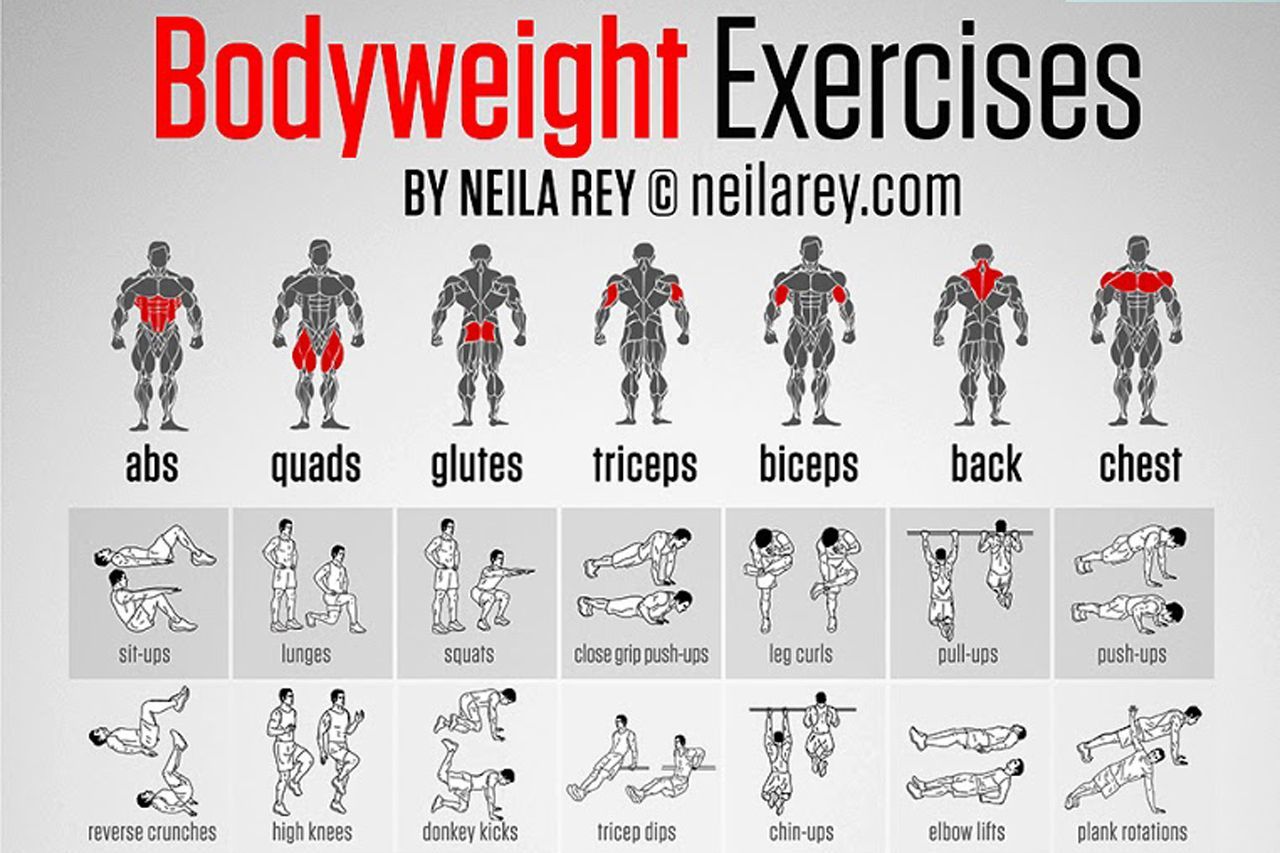
In the bustling landscape of health and fitness, where promises of rapid muscle growth and peak performance echo through every advertisement, navigating the world of supplements can feel like a labyrinth. Every shelf at the nutrition store, every online banner, seems to offer a new shortcut to your physique goals. For those dedicated to building a stronger, more muscular body, the allure of a magic pill is undeniably strong. However, smart gains aren’t built on wishful thinking or marketing hype; they’re forged through informed choices, hard work, and, crucially, avoiding pitfalls that can drain your wallet and derail your progress.
Our goal here is simple yet profound: to help you “Spend Less, Gain More” by illuminating the supplements that simply aren’t worth your time, money, or health. We’ve enlisted the expertise of certified strength coaches Noah Neiman, co-founder and CPT at Rumble Boxing, and Kelly Najjar, NBC-HWC, a personal trainer on Fyt. They’re here to cut through the noise and reveal the “worst” offenders in the muscle growth arena, ensuring you don’t waste precious resources on products that fail to deliver.
Before we dive into the supplements you should absolutely leave on the shelf, it’s worth noting that Neiman, a seasoned expert, personally endorses a handful of staples: Athletic Greens, creatine, vitamin D, caffeine (the “OG pre-workout”), and omega-3 fatty acids. He emphasizes that creatine, in particular, is “one of the only supplements” consistently backed by research for its impact on strength, muscle mass, and performance. Omega-3s bolster both brain and muscle health, while quality vitamin D supports “energy systems” crucial for muscle sculpting. These are the tools of intelligent supplementation. Now, let’s identify the duds.
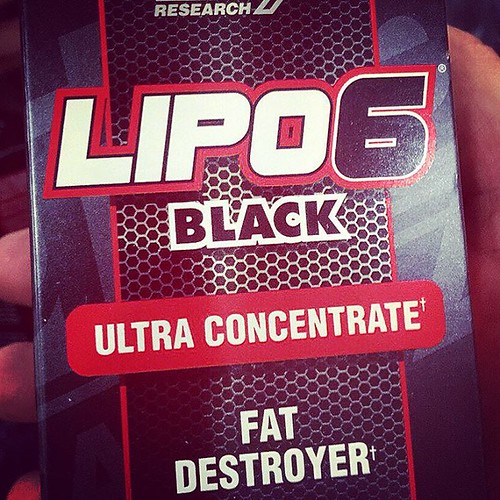
1. **”Fat Burners”: The False Promise of Quick Fixes**At the top of our list of worst supplements for muscle growth are the ever-popular, yet largely ineffective, “fat burners.” These products often entice individuals with the promise of shedding unwanted body fat effortlessly, thereby revealing underlying muscle definition. However, as both Neiman and Najjar unequivocally state, the reality falls far short of the marketing claims. This category of supplements represents a classic example of something being “most faulty or unsatisfactory” in its core function, providing little to no real benefit for dedicated muscle builders.
Najjar highlights a crucial point: “Studies don’t even back up the claims made by companies selling these fat burners.” This lack of scientific validation is a significant red flag for anyone serious about their fitness journey. True fat loss, which is integral to showcasing muscle gains, is fundamentally governed by a straightforward principle: calorie balance. As Neiman articulates, “If you consume more calories than you burn, you gain weight. If you consume fewer calories than you expend, you lose weight.” There’s no magical compound that can circumvent this biological reality.
Neiman goes on to dissect the common composition of these so-called “fat burners.” He explains that “most are simply ‘truck stop’ stimulants that are loaded with caffeine and other additives that have never been shown to actually ‘BURN’ anything.” While a temporary jolt of energy from caffeine might make you *feel* like you’re doing something, it’s a far cry from targeted fat oxidation. The danger lies in the deceptive branding, leading consumers to believe they are investing in a product that actively incinerates fat cells, when in reality, they’re often just getting a high dose of stimulants with no genuine metabolic advantage for fat loss or muscle growth.
For those aiming to build muscle, the focus should be on creating a caloric deficit through diet and exercise, not relying on supplements that offer a false sense of progress. Investing in “fat burners” is an exercise in futility, diverting resources that could be better spent on proven nutritional strategies or effective, expert-backed supplements like creatine. They represent a significant waste of time and money, and actively pull focus away from the fundamental principles of body composition improvement.
Read more about: The 15 Wildest Lies Celebrities & Influencers Tell About Their ‘Perfect’ Bodies (And What’s Really Going On)
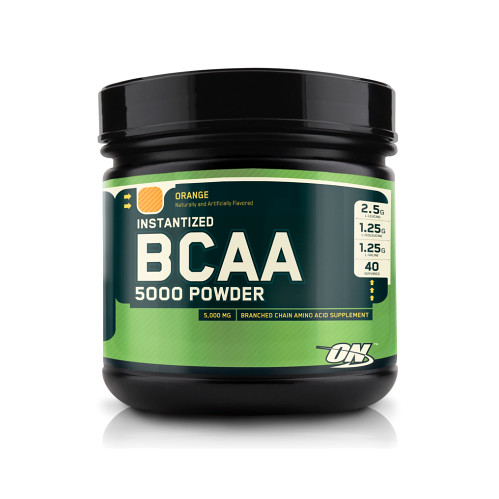
2. **BCAAs: Overrated and Overpriced Protein Building Blocks**Next on our roster of less-than-optimal choices for muscle growth are Branched-Chain Amino Acids, or BCAAs. These supplements are widely marketed with claims that they enhance muscular development and assist in the crucial repair process of tissue damage following intense workouts. The premise sounds appealing: providing the body with the very amino acids it uses to build protein. However, the nuance here is critical, and for many, BCAAs fall into the category of “most unsatisfactory” or “least efficient” for their stated purpose when compared to more complete and cost-effective alternatives.
It is indeed true, as acknowledged in the industry, that “amino acids are used to build protein.” Protein is the undisputed king of muscle repair and growth, and amino acids are its fundamental constituents. However, the efficacy of *isolated* BCAAs, specifically leucine, isoleucine, and valine, has come under scrutiny, particularly when an individual’s diet is already rich in complete protein sources. Most people who are serious about muscle growth are already consuming adequate protein through whole foods and/or protein powders that contain a full spectrum of essential amino acids, including BCAAs.
The primary issue with BCAAs as a standalone supplement for muscle growth is that they represent only three of the nine essential amino acids required for muscle protein synthesis. While leucine, in particular, is a powerful trigger for this process, simply providing BCAAs without the other essential amino acids is akin to having all the bricks for a wall but none of the mortar. For optimal muscle building, your body needs *all* essential amino acids present in sufficient quantities. This is why a complete protein source, such as whey, casein, or even plant-based proteins, offers a far more comprehensive and efficient approach to recovery and growth.
Therefore, for the average individual focused on muscle building, investing in BCAAs can be seen as an unnecessary expense. The “actionable and practical advice” here is clear: prioritize complete protein sources in your diet. By ensuring you get enough high-quality protein, you naturally consume all the BCAAs you need, alongside the other vital amino acids necessary for full muscle repair and hypertrophy. This makes standalone BCAA supplements “worse” than a good protein powder or whole food protein, offering a diminished return on investment and contributing to wasted effort.
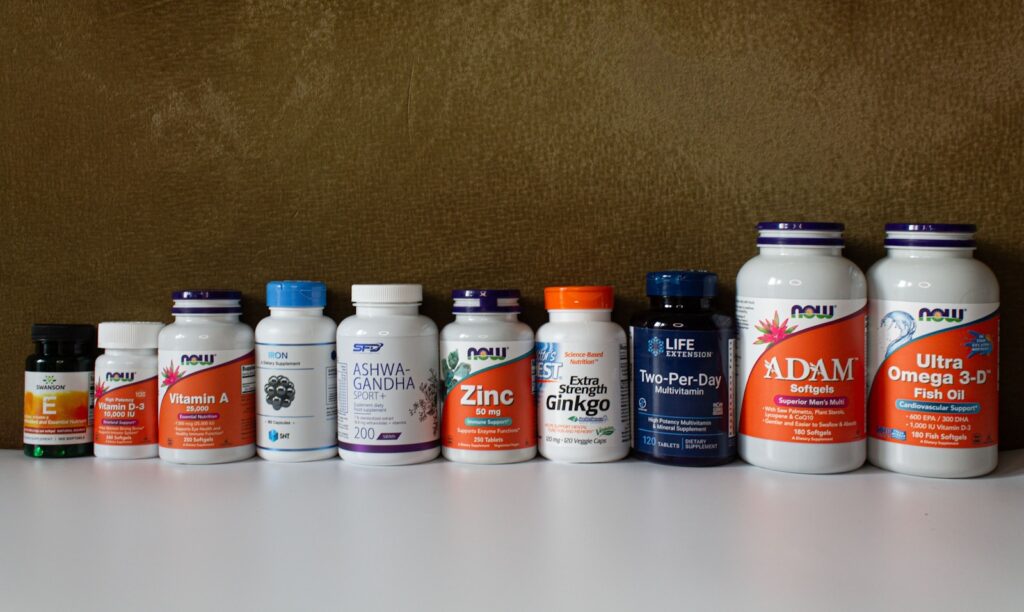
3. **Supplements with “Most Faulty or Unsatisfactory” Claims: When the Hype Fails to Deliver**Beyond specific product types, a broad category of “worst” supplements encompasses those built upon “most faulty or unsatisfactory” claims. These are the products that aggressively market revolutionary breakthroughs, promising unprecedented gains in muscle mass, strength, or recovery. They are often characterized by sensational testimonials and pseudoscience rather than rigorous, peer-reviewed studies. For the discerning individual, these supplements represent a critical point of concern because their fundamental premise—that they work effectively for muscle growth—is deeply flawed, making them entirely unreliable.
The context provided emphasizes that “worst describes something as being bad in the highest degree possible” and “most faulty or unsatisfactory.” This definition perfectly encapsulates supplements whose entire value proposition is based on dubious science or outright fabrication. While a supplement might contain ingredients that *sound* beneficial on paper, if the dosages are incorrect, the ingredient quality is poor, or the synergistic effects are exaggerated, the “claims” become faulty, and the “satisfactory” outcome for muscle growth becomes elusive. This leads to a frustrating cycle of hope and disappointment for consumers.
Often, these products latch onto emerging research on certain compounds, then misrepresent or overstate their findings without the necessary clinical backing for their specific formulation or application to muscle building. They create a narrative of innovation, but when subjected to critical scrutiny, the “evidence-based” foundation crumbles. A good example is the concept of “supposed fat burners” that “claim to target fatty deposits” but are merely stimulants. The claim itself, that they actively burn fat, is the “faulty or unsatisfactory” element that renders them ineffective for their primary purpose.
For serious lifters, the pitfall here is not just financial. It’s the opportunity cost. Every dollar and every moment spent on a supplement with “most faulty or unsatisfactory” claims is a dollar and moment *not* invested in proven strategies, nutrition, or effective supplements. It diverts focus from the fundamentals—consistent training, adequate protein intake, and sufficient rest—by offering a false hope that a supplement can somehow compensate for a lack of foundational effort or provide an unearned edge. Such products are “worst” because they actively undermine an informed, scientific approach to muscle growth.
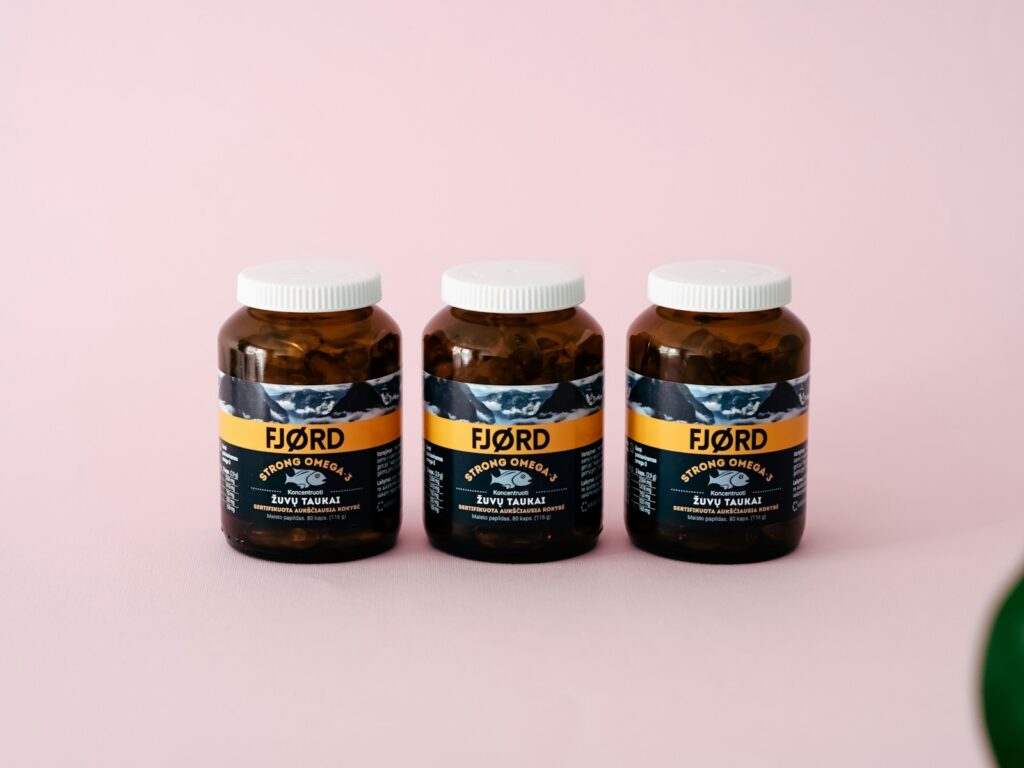
4. **Supplements Leading to the “Worst-Case Scenario”: The Perils of Unregulated Products**A particularly insidious category of “worst” supplements are those that pose a genuine threat to health, leading directly to what the context defines as “worst-case scenario.” This idiom refers to “a situation that is as bad as possible compared to any other possible situation,” and when applied to muscle growth supplements, it implies risks far beyond wasted money—it means potential harm to your body. These are not merely ineffective products; they are potentially dangerous, and their inclusion on any list of supplements to avoid is paramount for your safety and long-term well-being.
The “worst-case scenario” in the realm of muscle growth supplements often arises from several factors: contamination, undisclosed ingredients, or illegally marketed substances. Products promising extreme gains can sometimes contain banned substances, prohormones, or powerful stimulants not listed on the label, which can have severe cardiovascular, hormonal, and liver-related side effects. While the provided context doesn’t name specific examples of such harmful supplements, the definition of “worst” as “bad or ill in the most extreme degree” certainly applies to products that actively compromise health rather than enhance it.
Consider the implications of a “worst-case scenario” when consuming a supplement. It might involve a severe allergic reaction, organ damage, or long-term health complications that far outweigh any potential, usually negligible, muscle gain. The allure of quick results often blinds individuals to the inherent dangers of products that operate outside regulated guidelines or make outlandish claims. The idiom “in the worst case, the beams will collapse instantly” serves as a stark metaphor here: for your body, the “beams” of health could indeed “collapse” under the strain of a harmful, unverified supplement.
For individuals committed to muscle growth, avoiding supplements that present a “worst-case scenario” risk is not just smart, it’s essential for longevity in your fitness journey. The expert-backed and authoritative tone of Men’s Health emphasizes taking actionable, practical advice. This includes a strict avoidance of any product that raises suspicion regarding its safety profile, especially those sold through dubious channels or making claims that seem too good to be true. Protecting your health is always the ultimate “goal-oriented” priority, making these potentially harmful supplements truly the “worst.”

5. **Supplements That Make Things “Worse”: Actively Hindering Progress**Moving beyond simply ineffective or dangerous, another “worst” category for muscle growth supplements comprises those that actively make your progress “worse” in a comparative sense. The grammar lesson in our context clearly defines “worse” as “the comparative form, basically meaning ‘more bad.’” When applied to supplements, this means choosing a product that, instead of helping, actually puts you in a more disadvantageous position compared to having used a better alternative, or even no supplement at all. These supplements represent a setback, making your journey toward muscle growth unnecessarily harder.
The concept of “worse” for muscle growth can manifest in several ways. Perhaps a supplement claims to boost performance but introduces severe digestive issues, making it “worse” than simply relying on a balanced pre-workout meal. Or a product might cause such significant jitters and sleep disturbances that your recovery, a critical component of muscle growth, becomes “worse” than before you started taking it. In these instances, the supplement isn’t just failing to help; it’s creating additional obstacles, setting back your training consistency and overall well-being. This is a crucial distinction from merely being ineffective; these actively detract.
Consider the example given in the context: “Your breath is bad, but mine is worse.” Applied to supplements, this means one option might be generally unhelpful (bad), but another could actively cause harm or significant impediment (worse). For instance, a poor quality protein powder might be “bad” because of its low bioavailability or poor taste, but a supplement laden with unnecessary fillers or artificial ingredients could be “worse” by contributing to inflammation or gut distress, thereby inhibiting nutrient absorption essential for muscle repair. The comparative nature of “worse” highlights a negative change in condition or outcome.
For individuals pursuing muscle growth, choosing a supplement that makes things “worse” is a costly error, both financially and physically. It diverts resources and effort into a product that delivers negative returns, slowing down or even reversing progress. This aligns with the “actionable and practical advice” of Men’s Health: avoid anything that actively impedes your goals. The objective is to achieve specific health and fitness goals, and any supplement causing a deterioration or decline in condition is unequivocally “worse” and should be purged from your regimen.
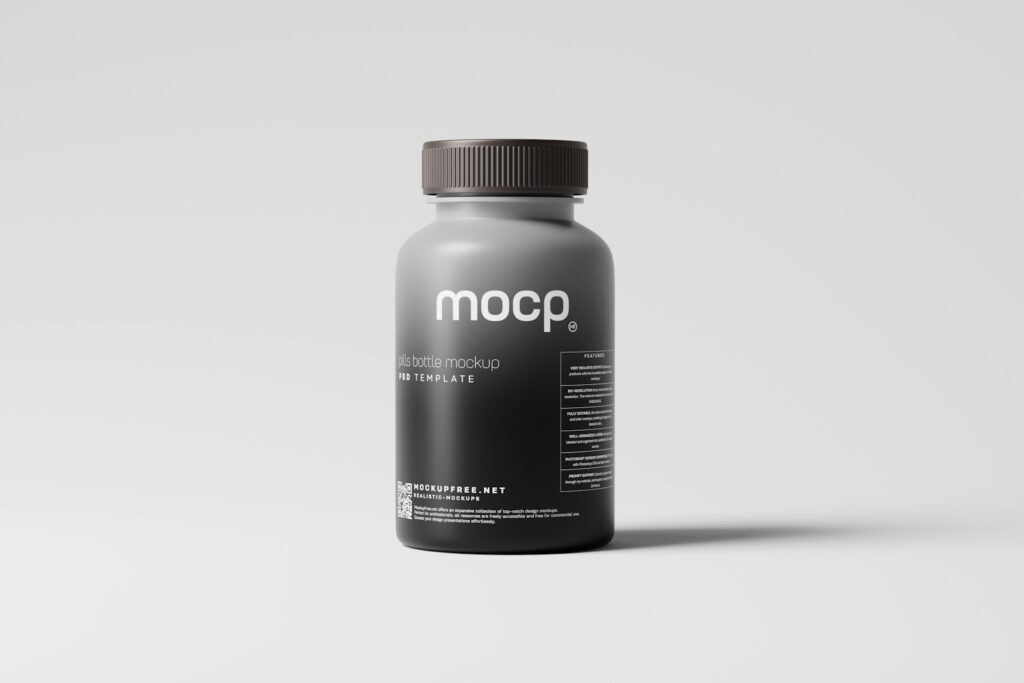
6. **Supplements with “Least Efficient or Skilled” Formulations: The Art of Poor Design**Our sixth category identifies supplements for muscle growth that are “worst” due to their “least efficient or skilled” formulations. The dictionary definition provided describes “worst” as “least efficient or skilled: The worst drivers in the country come from that state.” Translating this to the supplement world means products designed with a fundamental lack of understanding of nutritional science, ingredient synergy, or optimal bioavailability. These are not necessarily harmful, but they are fundamentally incompetent in their design, rendering them largely ineffective for stimulating muscle hypertrophy or aiding recovery.
A “least efficient” formulation might involve using proprietary blends where ingredient amounts are hidden, preventing consumers from knowing if they are receiving clinically effective dosages. It could also mean using cheaper, less bioavailable forms of ingredients that the body struggles to absorb and utilize effectively. For instance, magnesium oxide, while a source of magnesium, is known for its poor absorption rate compared to other forms like magnesium citrate or glycinate. A supplement utilizing the “least efficient” form, even if the intention is good, fails in its practical application for muscle growth.
Furthermore, a “least skilled” formulation often demonstrates a lack of appreciation for how different compounds interact within the body. Some ingredients might antagonize each other, reducing overall efficacy, or simply be included in such minuscule amounts that they have no physiological impact. This is distinct from a “faulty claim” because the *claim* might technically be true (e.g., “contains ingredient X”), but the *execution* of the formulation is so poor as to make it useless. The intention might be there, but the expertise in product development is clearly lacking, leading to a “worst” product in terms of actual performance.
For those committed to muscle building, investing in supplements with “least efficient or skilled” formulations is akin to buying a car with a poorly designed engine: it might look good on the outside, but it won’t get you where you need to go effectively. Such products are “worst” because they represent a fundamental waste of resources. They offer negligible impact on achieving specific health, fitness, or performance goals, making smart consumers prioritize expert-backed, transparently formulated products that reflect a genuine understanding of sports nutrition and human physiology.

7. **Supplements That Offer the “Worst Experience”: The Roadblock of Disagreeable Use**Beyond mere ineffectiveness, some supplements earn their “worst” moniker by simply being unpleasant or disagreeable to use, a critical factor often overlooked in the pursuit of gains. While a product might contain theoretically beneficial ingredients, if the taste is abhorrent, the texture is unpalatable, or it causes consistent digestive upset, the likelihood of consistent adherence plummets. As the context defines, “worst” can describe something as “most unpleasant, unattractive, or disagreeable,” and in the world of muscle growth, a supplement you dread taking is inherently a “worst” choice because it actively hinders the sustained effort required for results.
The journey to muscle growth is a marathon, not a sprint, and consistency is paramount. If a pre-workout makes you nauseous, a protein shake tastes like sawdust, or a daily vitamin causes significant bloating, these seemingly minor issues accumulate, making the entire supplementation process a chore. This isn’t just about comfort; it directly impacts your ability to stick to a regimen. Skipping doses or abandoning a supplement altogether due to an unbearable experience renders any potential benefit moot, effectively making the product a “worst” investment in terms of both health and financial resources.
Certified strength coaches Neiman and Najjar consistently advocate for strategies that are sustainable and integrated into a healthy lifestyle. A supplement that consistently provides a “worst experience” stands in direct opposition to this philosophy. It creates friction where there should be seamless support for your goals. Rather than forcing yourself to endure a truly disagreeable product, the practical advice is to seek out alternatives that are palatable and agreeable, ensuring that your supplements complement your routine rather than becoming another obstacle to overcome. This thoughtful approach ensures you’re setting yourself up for success, not a struggle.
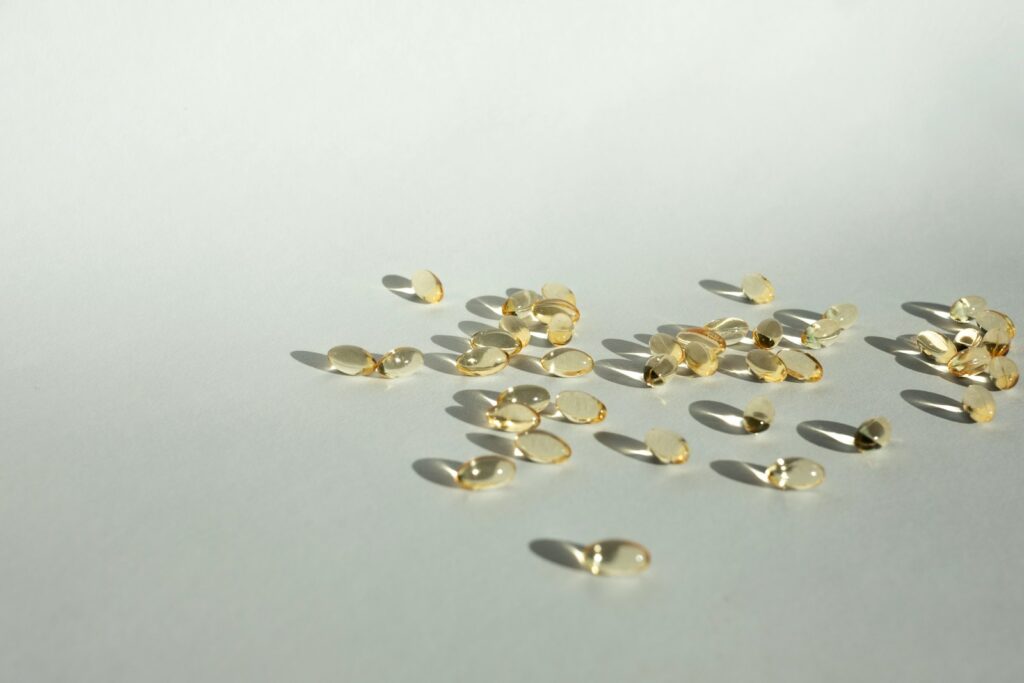
8. **The “Worst Financial Drain”: Empty Promises, Empty Pockets**For those committed to the “Spend Less, Gain More” philosophy, certain supplements represent the “worst financial drain,” making them an exceptionally poor choice for muscle growth. These are products that, despite their marketing allure, deliver negligible or no measurable results, effectively siphoning off precious funds that could be better allocated. The context reminds us that “worst” can describe “something that is worst” in terms of its overall impact, and when a supplement consistently fails to provide value, it becomes the “worst” possible allocation of your hard-earned money in your fitness budget.
The market is flooded with products that prey on the desire for quick fixes, often at premium prices. Investing in these supplements means you’re not just wasting money; you’re incurring an opportunity cost. Every dollar spent on an ineffective supplement is a dollar not invested in high-quality whole foods, a gym membership, a personal trainer, or genuinely effective, expert-backed supplements like creatine or quality protein powder. This misallocation of resources leads to a “worst-case scenario” for your wallet, leaving you with lighter pockets and no closer to your muscle growth goals.
Consider the idiom “get the worst of something,” meaning to “be defeated by; lose.” When you consistently purchase supplements that fail to deliver, you are undeniably “getting the worst of it” financially. The marketing departments behind these products are often adept at creating compelling narratives, but without a foundation of evidence-based results, consumers are set up to lose. For dedicated lifters, avoiding these financial sinkholes is a crucial step in intelligent supplementation, allowing you to maximize your budget for proven strategies that genuinely contribute to your physique and performance.
The direct and informative style of Men’s Health urges readers to make smart, evidence-based choices. There’s no wisdom in throwing money at products that lack scientific validation. The “worst financial drain” supplements are those that offer a poor return on investment, delivering only false hope and leaving your bank account depleted. Prioritizing supplements that are backed by research and recommended by certified professionals, such as the staples endorsed by Neiman, ensures that your financial investment translates into tangible gains, fulfilling the goal of gaining more by spending less.

9. **The “Worst for Long-Term Sustainability”: Sabotaging Consistency**True muscle growth is a testament to consistent effort, a steady application of training, nutrition, and recovery over time. Therefore, any supplement that actively undermines this consistency can be categorized as among the “worst” choices. These aren’t necessarily harmful in the “worst-case scenario” sense, but they introduce variables that make adhering to a sustainable routine significantly “worse” for the individual. The context highlights that “worse” indicates a “negative change or lower quality,” and when a supplement makes your fitness journey less sustainable, it deteriorates the overall quality of your progress.
For example, certain stimulants or performance enhancers might provide a temporary boost, but if they lead to severe energy crashes, disrupted sleep patterns, or increased anxiety, they sabotage the very foundation of long-term progress. A day lost to poor recovery, a workout compromised by fatigue from sleep deprivation, or a diet derailed by stress-induced cravings—these are all ways in which a poorly chosen supplement can make your fitness path “worse.” The goal-oriented approach of Men’s Health emphasizes practices that support continuous improvement, not short-term spikes followed by setbacks.
This category also encompasses supplements that promise miraculous transformations without requiring foundational effort. By fostering a mindset that a pill can compensate for lack of discipline, they subtly erode your commitment to consistent training and dietary adherence. The mental impact of such products can be particularly insidious, making individuals “worse” at self-regulation and reliance on internal motivation. Long-term gains are built on consistent habits, and any product that disrupts those habits, even indirectly, is detrimental.
The actionable advice here is to critically evaluate how a supplement integrates into your overall lifestyle. Does it enhance your ability to train consistently, recover effectively, and maintain a balanced diet? Or does it introduce side effects or psychological dependencies that make your journey “worse” in the long run? By prioritizing products that support sustainable habits and overall well-being, you ensure that your supplement choices contribute positively to the enduring pursuit of muscle growth, rather than creating a continuous uphill battle.
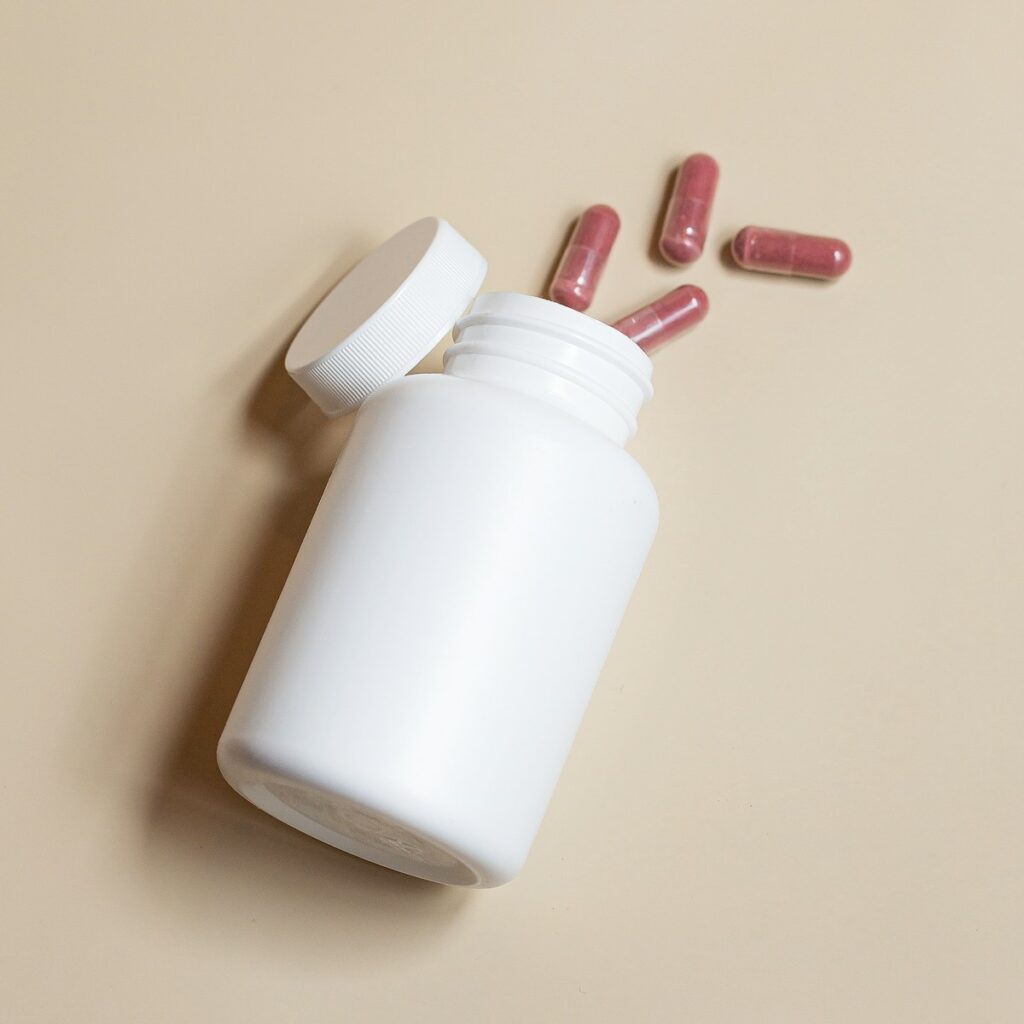
10. **The “Worst for Cultivating Self-Efficacy”: The Placebo Trap**Among the “worst” supplements for muscle growth are those that fall into what we might call the “placebo trap.” These are products that, while not necessarily dangerous or actively harmful, are so ineffective that any perceived benefits are almost entirely psychological, fostering a reliance on external “magic pills” rather than internal effort and understanding of fundamentals. They are “worst” because they undermine the critical development of self-efficacy—the belief in one’s own ability to succeed—leaving individuals “worse off” in their mindset and true understanding of how to build muscle.
The Men’s Health writing style champions expert-backed and authoritative information, and myth-busting is a core component. Supplements that operate primarily on a placebo effect often perpetuate myths, diverting focus from the proven principles of progressive overload, proper nutrition, and adequate rest. When someone attributes their gains to an inert supplement, they fail to recognize the genuine drivers of their progress, which are their own consistent hard work and smart choices. This can lead to a “worse” understanding of their own body and how it responds to real stimuli.
Such supplements can create a false sense of security, encouraging individuals to overlook shortcomings in their training or diet because they believe their supplement is compensating. This misplaced belief is detrimental to actual progress. The “worst” outcome here isn’t just wasted money, but a stalled learning curve and a failure to develop the critical self-awareness needed for sustained fitness. True self-efficacy comes from seeing tangible results from intentional effort, not from hoping a pill will do the work.
To avoid this “worst” scenario, it’s crucial to adopt a critical, evidence-based mindset. Ask yourself if the supplement’s perceived effects are truly physiological or if they might be influenced by expectation. Prioritize products with robust scientific backing, like creatine, and focus on understanding *why* these work. By grounding your efforts in knowledge and tangible results from your own discipline, you cultivate genuine self-efficacy, making you a more informed and empowered individual on your muscle-building journey, rather than leaving you dependent on the illusory benefits of a placebo.
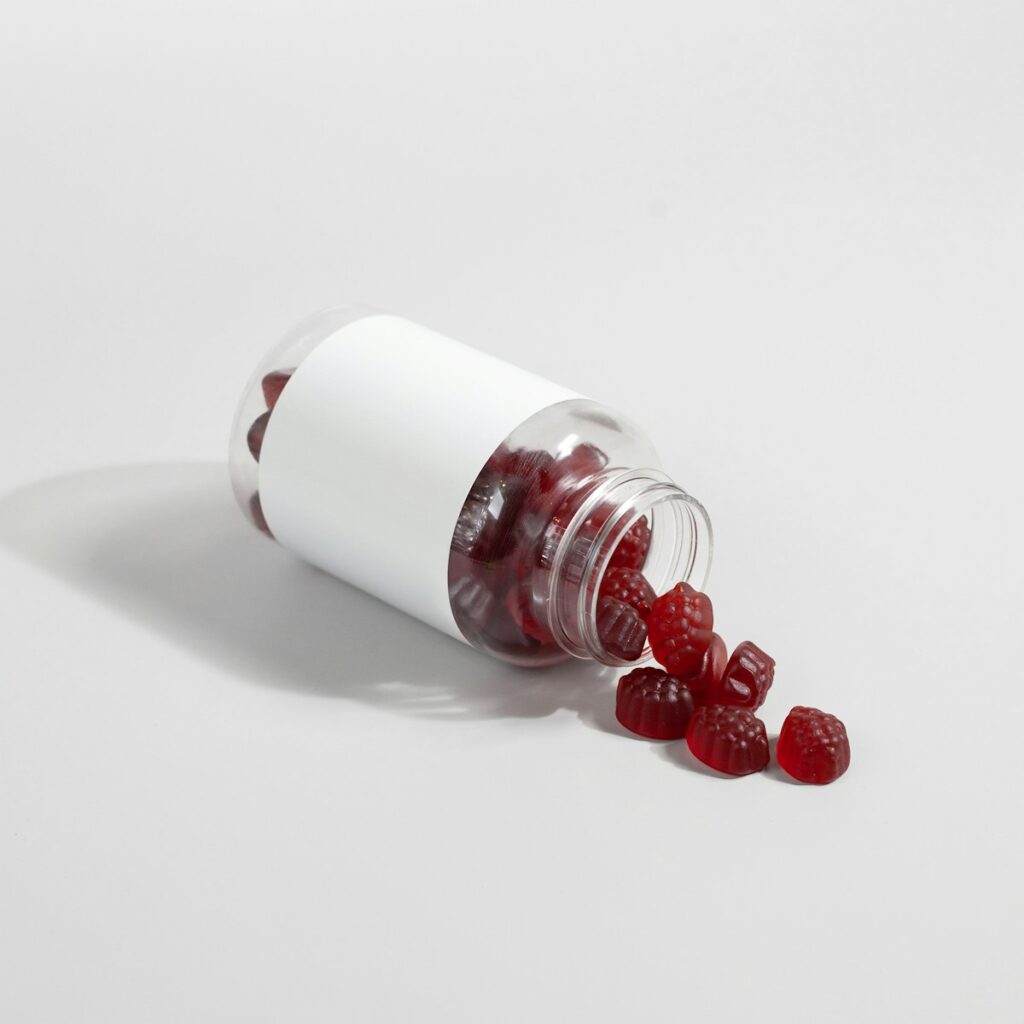
11. **The “Worst for Informed Decision-Making”: Navigating Murky Waters of Misinformation**Finally, a broad category of “worst” supplements encompasses those that thrive in, and indeed contribute to, a landscape of pervasive misinformation, making it incredibly difficult for consumers to make informed decisions. These are not just individual products, but the systemic issues they represent, creating an environment that is “worst” for discerning the truth from persuasive, yet often deceptive, advertising. As the context explains, “worst” can mean “bad or ill in the most extreme degree,” and a market saturated with misleading information is certainly an “ill” environment for any serious lifter.
The Men’s Health ethos is built on direct and informative communication, challenging common misconceptions with evidence-based critiques. In contrast, many problematic supplements flourish precisely because they are marketed with exaggerated claims, cherry-picked studies, or anecdotal evidence that lacks scientific rigor. This bombardment of conflicting information makes it a “worst-case scenario” for consumers attempting to cut through the noise and identify genuinely effective products. The difficulty in distinguishing fact from fiction ultimately leads to wasted time, money, and potentially, compromised health.
This “worst” environment for informed decision-making also sees products making claims that are technically true but misleading in context, or using proprietary blends to hide ineffective dosages. The casual language around “fat burners” being “simply ‘truck stop’ stimulants” highlights how deceptive branding masks the lack of genuine efficacy, pushing consumers towards products that do nothing. This lack of transparency and deluge of marketing fluff means that even well-intentioned individuals can easily fall prey to products that do not align with their goals, leading them down a path of frustration and negligible gains.
To combat this pervasive “worst” aspect of the supplement industry, it’s essential to adopt a highly skeptical and critical approach. Always seek out products that provide full ingredient transparency, undergo third-party testing, and are backed by peer-reviewed research, not just marketing slogans. Rely on the advice of certified professionals like Noah Neiman and Kelly Najjar, who prioritize proven science over hype. By becoming a vigilant and informed consumer, you can navigate the murky waters of misinformation and ensure your supplement choices truly align with your goal-oriented pursuit of muscle growth, ensuring that your efforts are always focused on real gains.
In the ever-evolving world of fitness and muscle building, the path to a stronger physique is paved with consistent effort, intelligent training, and a nuanced understanding of nutrition. While the allure of a shortcut can be powerful, the insights from certified strength coaches Noah Neiman and Kelly Najjar underscore a crucial truth: not all supplements are created equal. By understanding and actively avoiding these 11 “worst” offenders, you’re not just saving money; you’re safeguarding your health, optimizing your efforts, and ensuring that every decision you make is a deliberate step towards your ultimate fitness goals. It’s about empowering yourself with knowledge, debunking myths, and focusing your resources on what truly works, ultimately allowing you to “Spend Less, Gain More” on your journey to peak performance and a more muscular you.

